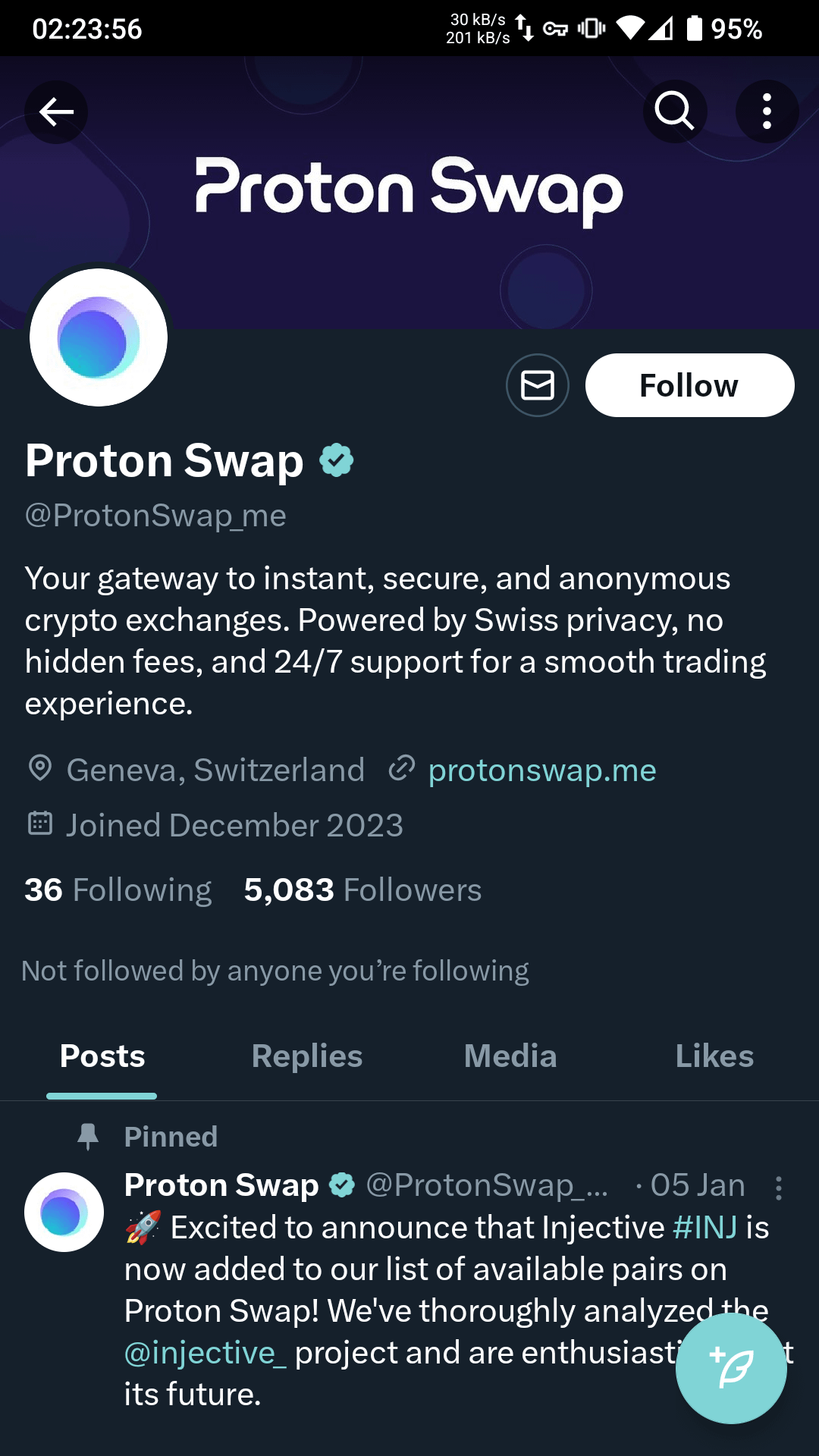Proton
Empowering you to choose a better internet where privacy is the default. Protect yourself online with Proton Mail, Proton VPN, Proton Calendar, Proton Drive. Proton Pass and SimpleLogin.
Proton Mail is the world's largest secure email provider. Swiss, end-to-end encrypted, private, and free.
Proton VPN is the world’s only open-source, publicly audited, unlimited and free VPN. Swiss-based, no-ads, and no-logs.
Proton Calendar is the world's first end-to-end encrypted calendar that allows you to keep your life private.
Proton Drive is a free end-to-end encrypted cloud storage that allows you to securely backup and share your files. It's open source, publicly audited, and Swiss-based.
Proton Pass Proton Pass is a free and open-source password manager which brings a higher level of security with rigorous end-to-end encryption of all data (including usernames, URLs, notes, and more) and email alias support.
SimpleLogin lets you send and receive emails anonymously via easily-generated unique email aliases.
view the rest of the comments

I'm not sure I'm buyin into the ban concern.
It's a concern, for sure, just really hard to see it implemented.
Look at piracy, torrenting, usenet, etc. So long as people can make encrypted connections, crypto will continue.
I think that governments can, at best, disrupt things. But given governments are a smaller body count than users, my money is on those dedicated users staying one step ahead of the hammer.
Do you mean cryptography in general or cryptocurrencies in particular? Because cryptocurrencies ultimately do need an interface with other currencies, or some economy, where you can pay with them. If you cannot buy any real product or service with it, it has no value. Lets take Darknet market drug dealers for instance. They are not selling drugs because they like bitcoins and buy other drugs for themselves with it. They are selling drugs and exchanging the bitcoin into some fiat currency, so they can buy normal stuff with it.